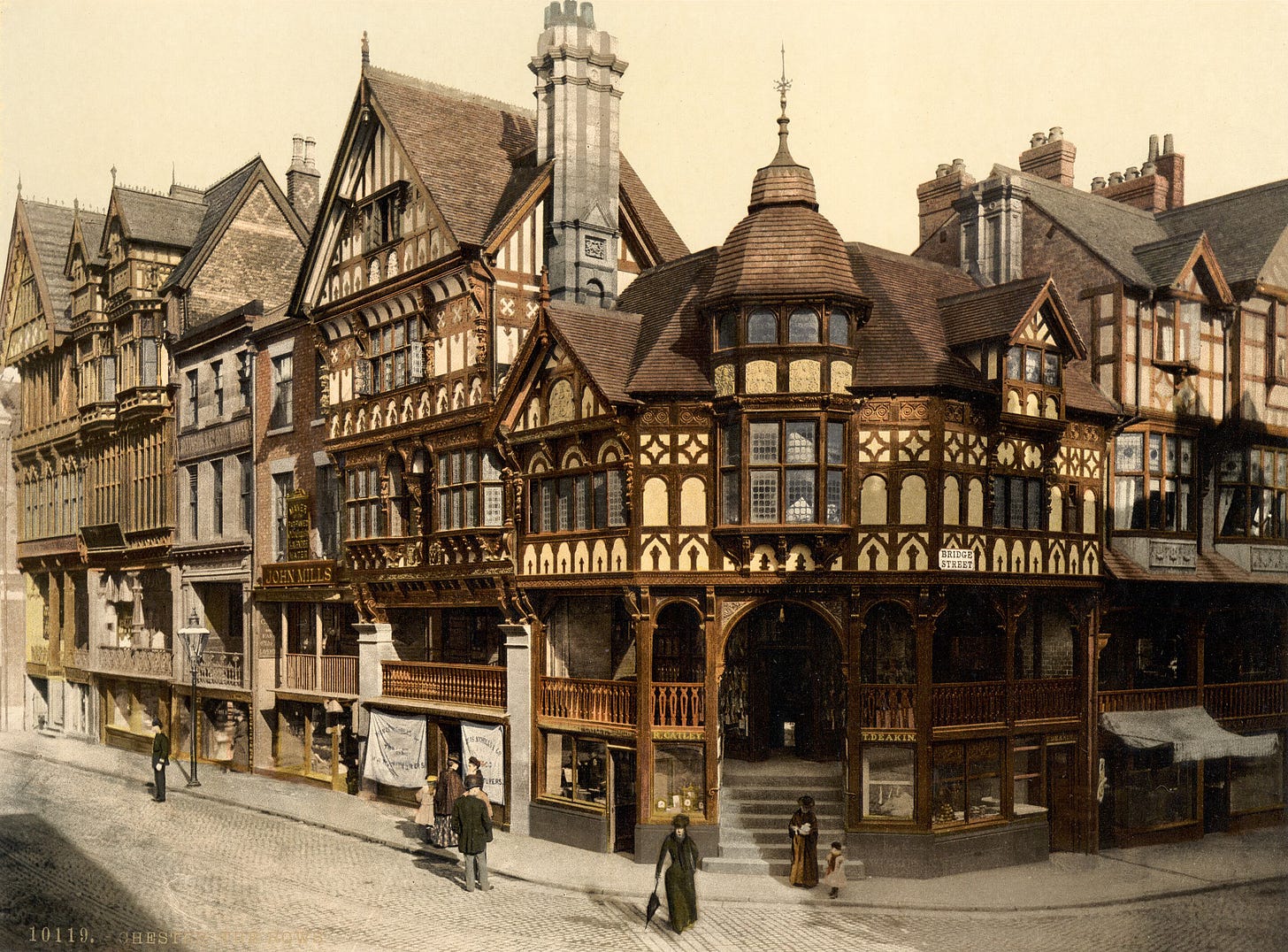Sleuthing on the railways
When a private detective is vague about his career, how can you find out more about what he did?
In 1891, Edward Rhind Bilby, a 38-year-old man, proudly detailed his occupation on the census. He was a private detective.
Living at the time in Bermondsey, Edward (misrecorded as 'Edmund Bilbys') had a wife - Elizabeth, who was working as a stamp beader - and three children living at home (a fourth can be found visiting her widowed grandmother in Islington). Another man was also living in his house: Robert Bilby, who also worked as a private detective. Although Robert was presumably a relative, and of an age to be a sibling, as far as I can see, he was not; perhaps he was instead a cousin. I can't find any more details about Robert, who the 1891 census says was 43 and born in Cumberland - there is no birth registered in Cumberland or elsewhere for him, although Bilby was a surname frequently misspelled by officials.
The fact that these two Bilbys were living together and both working in the same field might suggest that they worked together - did they run an agency together, or operate more informally? Actually, neither seems to be the case. There is no reference to Edward Bilby in the press, which is unusual; even if private detectives could not afford to place adverts regarding their services in the newspapers, they might appear as witnesses in court cases, most commonly in divorce cases. But, although his father appears on occasion in the press, Edward Bilby is absent.
What can his history tell us about his career, then? Quite a lot, I think. Firstly, Edward changed job a few times, and in doing so, he was following his father's footsteps. His father, Edward Vale Bilby, was born in Chelsea in 1833, the son of a Hampshire-born clerk and his Londoner wife. Edward married his wife, Eliza Mercy Rhind, in London, and eldest child Edward was born in Camden Town in 1853. The family then moved to south-west London, where two more children were born in either Hampton or Kingston. In around 1860, the family then made a more significant move: they relocated to North Wales, no mean feat with three children, including a baby and a toddler.
The Bilbys settled in Maentwrog, near Blaenau Ffestiniog, where Edward Vale Bilby - who had been an assistant schoolmaster in London since at least 1851 - started work as the local schoolmaster. By 1871, he had changed job and was now the station master at Duffws railway station. Duffws was on the Ffestiniog Railway, and had opened at the start of 1866 - it is possible that Bilby had started his new job at this time, excited by the opening of a new local station.
Duffws station, where Edward’s father was station master
Although the younger Edward Bilby had grown up in rural Wales, alongside his parents and siblings, as a young man, he wanted more excitement and opportunities. He and his sister Eliza returned to London, moving in with their paternal grandparents Thomas and Frances Bilby. Edward found work, by aged 18, as a telegraph clerk.
By 1881, his parents had also returned to London - his father now working as a solicitor's clerk. His Welsh-born siblings also returned. But by now, Edward Rhind Bilby had married, and he and his wife Elizabeth moved north to the Chester area, where he followed in his father's footsteps by becoming a railway station master. Within a couple of years, and after the birth and death of a son - the only child who would be born in the north-west - he was back in London, working in north London as a station master; but between 1884 and 1887 he moved jobs again, becoming a railway inspector.
Edward Bilby worked for a while in the Chester area
His background 'on' the railways is significant, because I believe that Edward Bilby was probably a railway detective. These were often described as private detectives, but they were employed either as staff by a particular railway company, or as independent private detectives, to investigate crime on the railways. Such crime was commonly fraud - individuals deliberately buying the wrong ticket (a single instead of a return, a third-class ticket when they did not sit in the third-class carriage) or not buying a ticket at all. But there might also be crime committed by those working for the railways, and the detective's job was to spot this, or investigate those already suspected by their managers of committing offences.
Edward had experience working as a station master - he knew how trains worked, and had got to know enough customers to perhaps be able to spot a wrong un. He had then progressed to being a railway inspector and then it was a small sideways hop to becoming a railway detective.
Tracing how long he carried on this job is tricky as he does not appear on any further UK census. However, in 1914, his daughter Alice got married, and described her father as a builder - he had stopped working on the railways. He also appears to have emigrated to Australia, where he died in 1934. Edward's life had taken him from London to Wales, Chester to London, and then even further, to the other side of the world. Private detectives liked variety and change, and Edward Bilby certainly fit that profile.




Interesting, is there any possibility that they are both the same person, perhaps using another first name for some other purpose?
Lots of nice inferences here regarding what this man probably investigated.